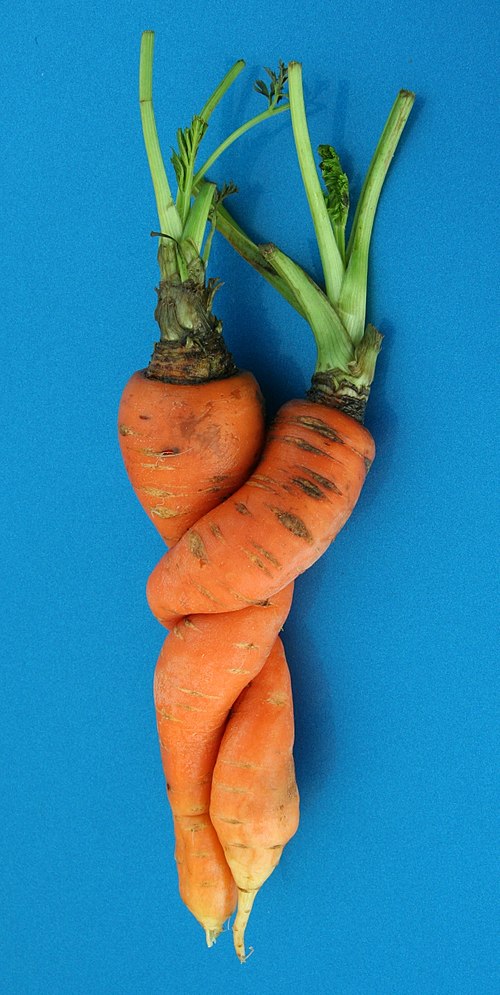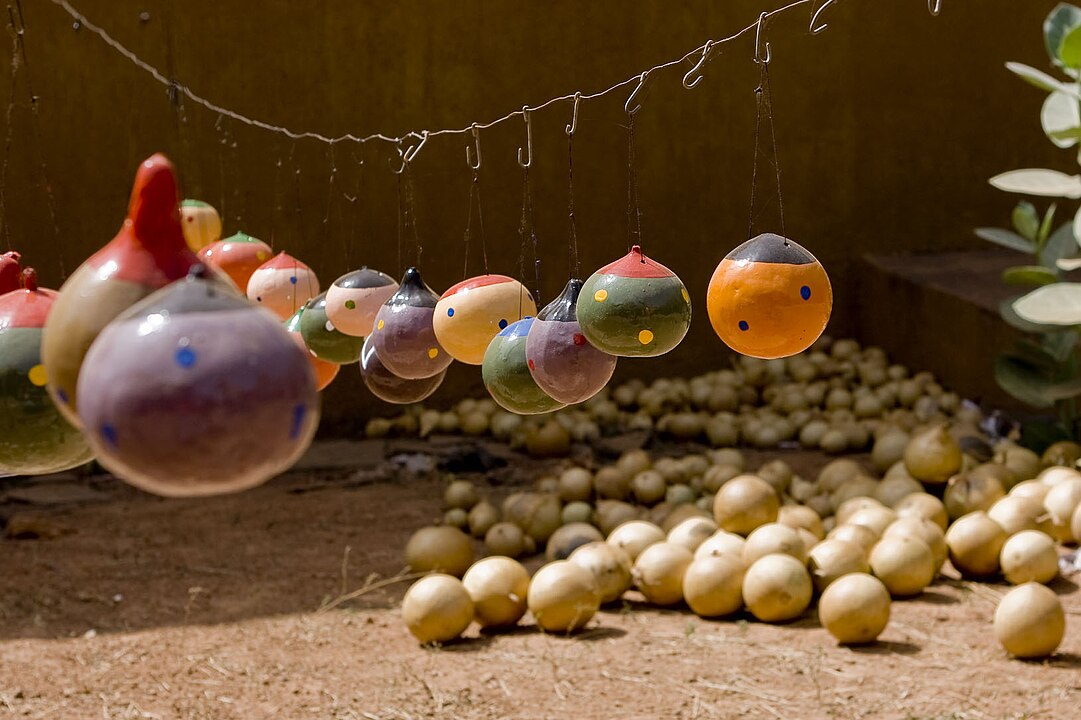Vegetomancy
Vegetomancy is a halfling and dwarven folk tradition of trying to discern the future fortunes of a child via the qualities of the fruit and vegetables harvested before their birth. It is most popular in rural communities, as well as in places where the worship of Axomamma is prevalent.
History
When Fricka was creating the first humans and dwarves from the soil, the young goddess Axomamma is said to have walked behind her and shaped the leftover scattered dirt into potatoes for them to eat. Her followers say that she still shapes all root vegetables beneath the soil today, and that her influence can be discerned from how she chooses to make them. Over the years, these early root-vegetable-based predictions have grown to apply to any produce.Crop Meanings
- The largest crop harvested from the family's land in the week of the child's birth determines their appearance, with larger crops said to bring great physical beauty.
- A bumper crop growing in the month of the child's birth signifies future fortune and success. In some regions, the type of crop determines the area where they will be successful: abundant tree fruit signal numerous children, abundant root vegetables signal wealth or stability, etc.
- Depending on the region, particularly heavy produce might signal future intelligence, social importance, or success in a more "serious" or well-respected field.
- Unusually-shaped produce harvested while the child is in the womb suggest a future as a holy person, or one touched by the gods. The closer to birth and the more oddly-shaped, the more blessed the child is said to be. This is often a self-fulfilling prophecy, as children are pressured into joining temples or becoming ordained by superstitious family members. That said, the birth of aasimar in communities that practice vegetomancy has always been heralded by unusual-looking crops.
Components and tools
The predictions of vegetomancy traditionally apply to produce grown on the expectant parents' own farm or garden. Those who do not grow crops might make predictions based on the harvest of close members of their clan or nearby neighbors, though these are often thought to be less accurate.
The type of produce harvested for predictions is sometimes said to influence the child's personality, much like a Zodiac sign. Many folk idioms and superstitions stem from beliefs about the "children" of specific produce. Rhubarb children are stubborn and eccentric, peach children are gentle and forgiving, and potato children are practical and dependable, among others.
When a couple is expecting a child, they or their relatives traditionally make strings of painted gourds to hang on fences and tree branches in and around their crops. These are said to draw the eye of the gods, blessing the produce and thus the pregnancy. Once the baby is born, the gourds are hung above its crib, both for continued blessing and to serve as a mobile.
The type of produce harvested for predictions is sometimes said to influence the child's personality, much like a Zodiac sign. Many folk idioms and superstitions stem from beliefs about the "children" of specific produce. Rhubarb children are stubborn and eccentric, peach children are gentle and forgiving, and potato children are practical and dependable, among others.
When a couple is expecting a child, they or their relatives traditionally make strings of painted gourds to hang on fences and tree branches in and around their crops. These are said to draw the eye of the gods, blessing the produce and thus the pregnancy. Once the baby is born, the gourds are hung above its crib, both for continued blessing and to serve as a mobile.




Comments